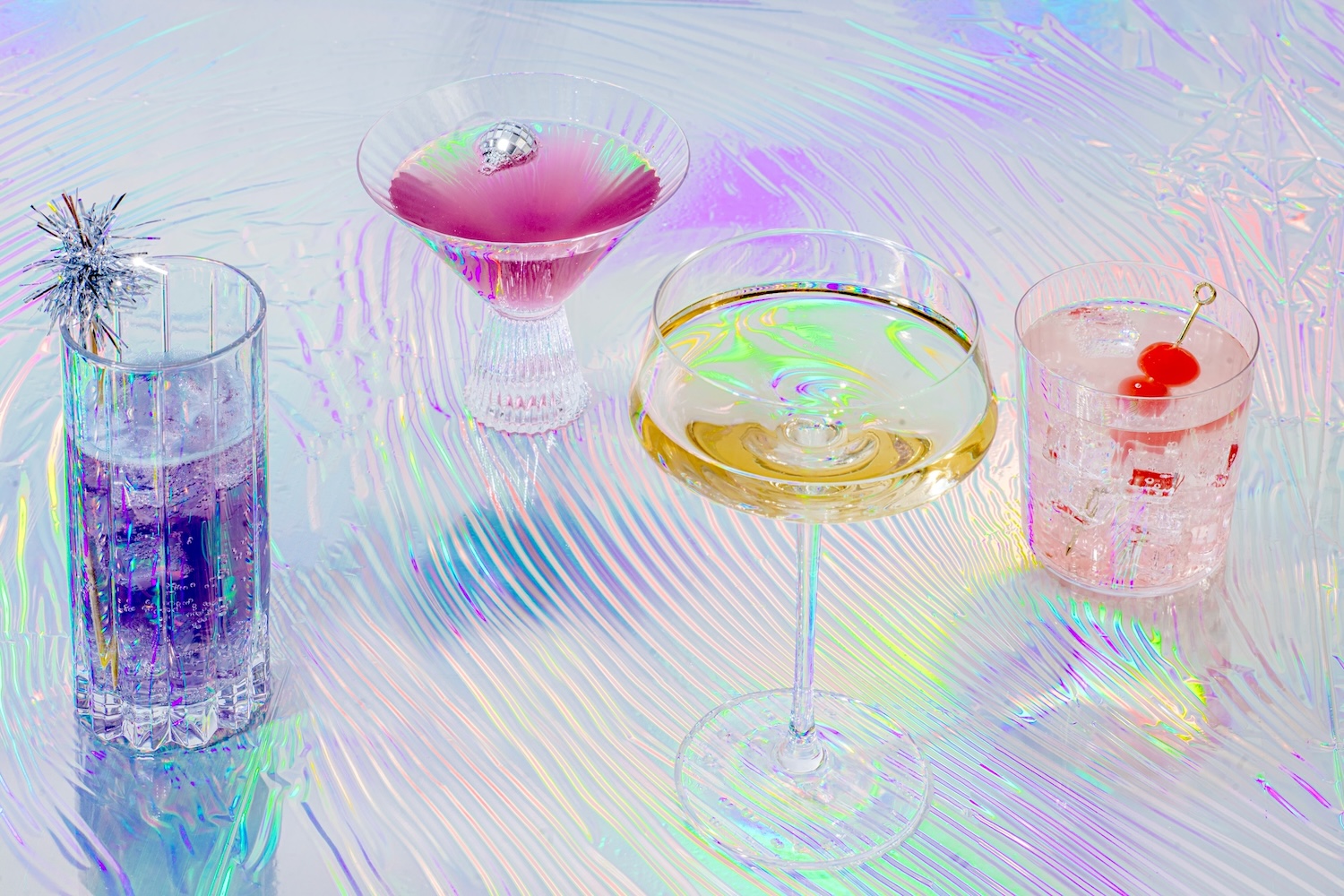Businesses face different issues regarding sustainability, and the alcoholic beverages industry is not exempt from this. Many environmental and social problems arise when companies in this industry do not consider sustainability in their operations, and this can potentially impact their long-term success.
Alcohol manufacturing is a resource-intensive process, particularly in terms of water use. Water is essential for this industry, so the bodies of water crucial to the operations of the business must be protected. Additionally, initiatives that reduce the risk of water scarcity must be considered to ensure continuity of operations and the successful performance of an alcoholic beverage brand.
For example, the “Water for All” initiative of San Miguel Corporation, producer of Ginebra San Miguel, aims to achieve a 50 percent reduction in utility water use by 2025. An initiative like this, which a startup beer company can also do, will directly prove a company’s dedication to valuing water resources.
View this post on Instagram
Also, in bottling plants, you can invest in equipment and machinery that use water more efficiently. This modification will have a positive impact not only on the company’s savings but also on the environment. Doesn’t it make perfect business sense? That’s what sustainability means in the first place.
Valuing and caring for water bodies whose existence is crucial for a company is also a strategic and sustainable practice. Conducting tree planting and river and ocean cleanup activities is also commendable as it shows commitment to environmental protection. Your business can partner with an NGO to strengthen the campaign to protect nature further.
Another example worth mentioning is how Bleeding Heart Rum, the maker of Don Papa Rum, partnered with the Talarak Foundation and the Philippine Reef and Conservation Foundation for their conservation efforts. Partnerships are essential to achieving sustainability because they bring innovative solutions to a sustainability-related problem.
Alcohol manufacturing is a resource-intensive process, particularly in terms of water use. Water is essential for this industry, so the bodies of water crucial to the operations of the business must be protected.
Aside from water, the alcohol manufacturing business is also resource-intensive regarding energy use. Brewing, distillation, bottling, and even the distribution of alcohol products significantly contribute to the company’s carbon footprint.
This is the main reason why Emperador, a global Filipino brand, transitioned to using solar energy for the perimeter lights of their plants. Because of this, their electricity consumption decreased by almost 30,000 kWh in 2022.
Using renewable energy sources such as solar is a simple, effective, and cost-efficient way to make a company’s operations more sustainable. You can do this too in your office or manufacturing plant.
From the bottle used for the products to the packaging that ensures their secure handling, the alcohol manufacturing industry is also material-intensive. The business can consider packaging options that have less impact on the environment, avoid the use of plastics, and integrate the use of recyclable materials whenever possible.
View this post on Instagram
Ginebra San Miguel, for example, has a nationwide bottle retrieval program. Seventy-two percent of the bottles they used in 2022 were secondhand from their products. Meanwhile, Don Papa Rum ensures that its packaging is made from 100 percent recyclable cardboard and metal.
Sustainability is not just about environmental protection; it is also about making sure that a business has measures to protect and care for the people who work for it. For example, there can be free health and wellness talks, which Emperador regularly does for its employees to ensure good physical and mental health conditions. If you protect your workers, you ensure the future of your business.
These are just some examples of sustainable practices that can be implemented by a small or large company in the alcoholic beverages industry. Meanwhile, as consumers, it is also our responsibility to support and buy from sustainable brands whose commitment to the environment and society is embedded into the core of their businesses.
This is the new meaning of drinking responsibly in the age of sustainability.





